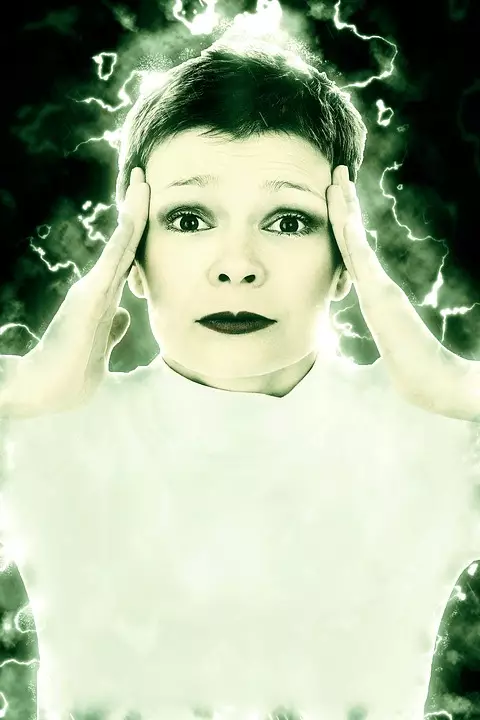Withdrawing from oxycodone—also called OxyContin, Roxicodone, or Percocet—is not easy. It can even be painful. However, there are many people eager to help and in some circumstances medication is available to ease the transition to clean living. But you do not have to go oxycodone through withdrawal alone. Properly-trained medical professionals and rehab specialists are available to help you beat the addiction and help you get clean safely.
Common Symptoms
Common Oxycodone withdrawal symptoms include but are not limited to:
- Agitation and irritability
- Anxiety and restlessness
- Chills or goosebumps
- Vomiting and/or diarrhea
- Stomach cramps and/or fever
- Dilated pupils
- Increased blood pressure and heart rate
- Intense cravings
- Muscle aches
- Nausea
- A running nose
- A high fever and sweating
- Tearing eyes
- Trouble sleeping
- Yawning
The severity of these effects vary greatly depending on several factors. These include how long and how much a person was using. Symptoms are also affected by a person’s general health.
 Complications
Complications
The road to recovery is no walk in the park. Not only are withdrawal symptoms challenging, there are other potential complications. These include a serious risk of overdosing because of a change in tolerance, circulatory problems, and even a heart attack. It sounds serious because it is, but it is better to get on the right path now, with trained professional support. Waiting may only make things worse.
Support
Oxycodone can be incredibly challenging to withdraw from which is why it’s important to not do it on your own. There are many people who are ready and willing to help you in this process. From family and friends, to support groups, to doctors, you don’t need to go through this alone.
By seeking help to deal with your addiction, you are decreasing your chance of relapse. Call us at (855) 425-4846 to learn what options are available for you or your loved one.

 Complications
Complications